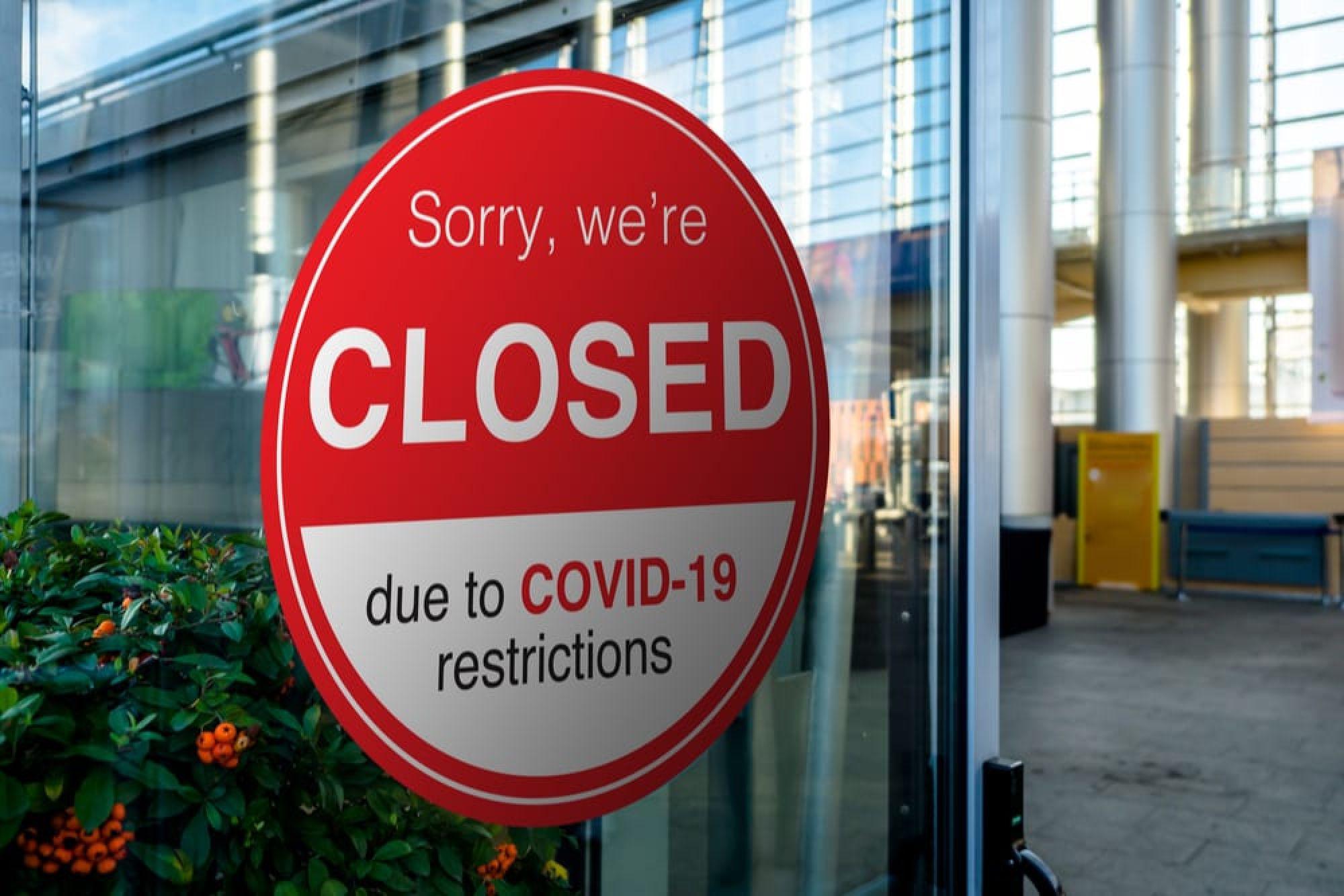
Impact of Coronavirus Act on commercial leases
Commercial leases usually include a clause allowing the landlord to re-enter the demise and forfeit the lease if rent is unpaid for a specific number of days after falling due.
Section 82 of the new Coronavirus Act (“CA20”), which came into force on 25th March 2020, provides for a “moratorium” on forfeiture proceedings for non-payment of rent for a period up to 30th June (‘the Relevant Period’).
Section 82 of CA20 applies only to a “relevant business tenancy” defined as one which falls within Part 2 of the Landlord and Tenant Act 1954. This covers business leases with a term of more than 6 months and appears to include contracted out leases. Commercial tenants who cannot pay their rent because of Covid-19 will be protected from eviction during the Relevant Period. Commercial tenants are offered protection against forfeiture for non-payment of rent during the 3 month period between 26 March and 30 June. This period can be extended dependent on any Government announcements.
The halt on payment of rent by the tenant for this period extends not only to annual rent, but also includes any sums which a tenant is liable to pay under its business tenancy including insurance, service charge and interest as CA20 defines ‘Rent’ as including ‘any sum a tenant is liable to pay under a relevant business tenancy’. Crucially, there is no suggestion that rent is being waived (unless expressly waived in writing by the landlord), so the rent liability for the relevant period will still be in place at the end of the relevant period. There also appears to be no restriction on the post lockdown recovery of interest accruing on the rent arrears. Once the 90 days (or longer if renewed) have expired, tenants will find themselves having to meet their ongoing rental payments and paying back the arrears for the shutdown period.
It appears likely that Landlords will find themselves inundated with tenant requests for rent holidays or reduced rents well beyond the end of June. CA20 rules out forfeiture by the Court during the 90 day period but makes no restriction for the landlord’s other remedies for the recovery of rent including pursuing an existing guarantor or withdrawal from a rent deposit (although the tenant should top this up once the restriction period is over). When acting for the Landlord, practitioners should be carefully advising as to when the relevant period ends and what action can be taken and at what time.
For Landlords, there is no immediate relief as the new legislation is seen to fall on the side of the tenant. Those Landlords without sufficient cash reserves to satisfy loan repayments may find themselves needing to negotiate payment holidays with their lenders.
